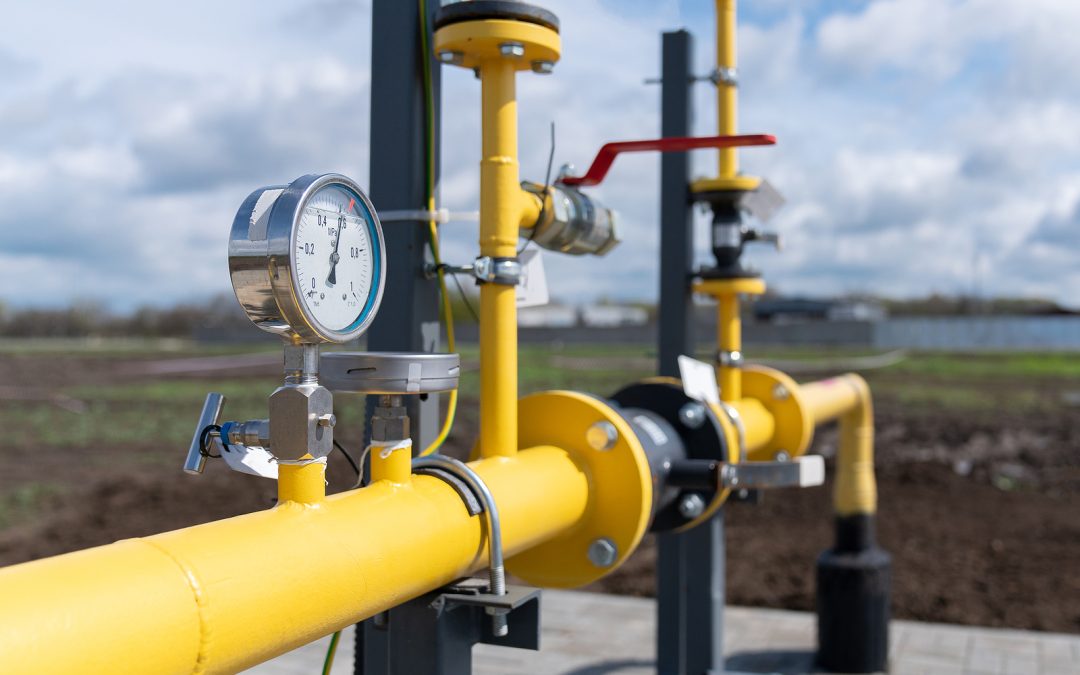Most people are not aware where their gas is coming from when they turn on their hob or warm up their homes. However, a recent report has shown the UK’s reliance of foreign gas could creep up over the next few years.
In fact, according to the Energy & Climate Intelligence Unit (ECIU), each household could be paying £500 a year to international gas providers by 2035.
It found £200 of this would go to Norway, and the rest would be split between Qatar and other gas exporters.
This is due to the drop in the amount of gas produced in the North Sea, which threatens the possibility of Britain having fuel independence.
In fact, gas import dependency could increase by 60 per cent over the next 12 years. As a result, households in the UK might end up spending £5,700 on overseas gas providers between 2024 and 2035.
“This poses the very real risk that the UK remains locked into unnecessarily high gas imports, as North Sea gas output unavoidably declines,” the report stated.
To mitigate this threat, there needs to be more ‘net zero homes’ in Britain. This means they need better insulation, solar PV panels, and an electric heat pump.
Properties with these energy-saving measures are likely, instead, to pay less than £100 on imported gas in 2035.
As well as reducing gas prices and helping the UK to become fuel independent, there are other benefits to reducing the amount of energy used in the house.
These include the obvious one of helping to save the planet by cutting down on energy usage across the country.
So, if you want to reduce the amount of gas and electricity your home uses, what can you do about it?
Most of us know we should turn down the thermostat, hang clothes to dry, and install loft and cavity wall insulation. However, did you know the most cost-effective energy saving measure is draught-proofing gaps?
According to the Energy Saving Trust, this typically reduces household bills by £125 a year.
The organisation also revealed the second best change to make to lower energy bills is cutting shower times down to just four minutes. This can save an average of £95 per year.
Making sure the hot water cylinder is insulated or increasing the insulation to a thicker jacket also has a big impact. This can save £70 a year for a typical British household.
“By slipping pipe insulation around your exposed hot water pipes, you’ll keep your hot water hotter for longer,” the Energy Saving Trust stated.
Other tips include switching electrical appliances off standby, which can reduce annual bills by £65; turning off the lights, saving £25 per year; and washing clothes at 30 degrees and reducing loads by one a week, which can cut costs by £34 a year.
Avoiding the tumble dryer, swapping one bath a week for a shower, not overfilling the kettle, and reducing dishwasher use by one run a week are all cost-saving measures that will reduce energy use too.
Homes that adopt all these can save as much as £564 every 12 months, so they are certainly worth doing.
Something else to consider is getting regular boiler services in Lewisham to ensure it is running as efficiently as possible.

